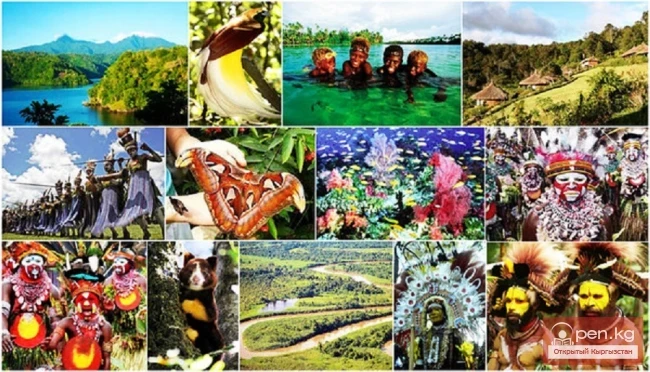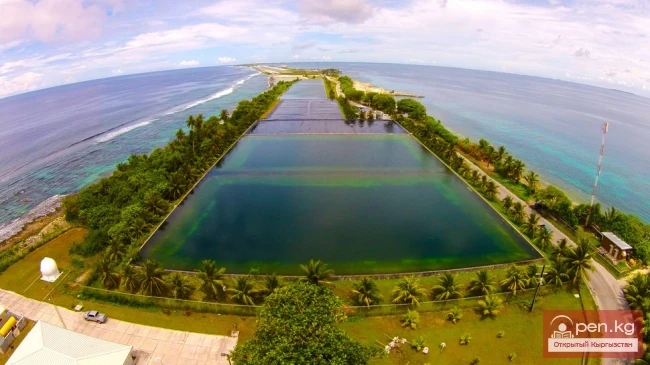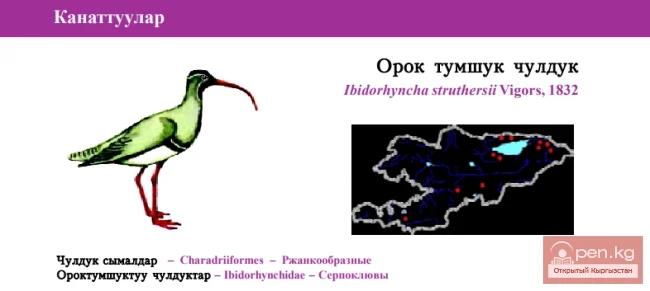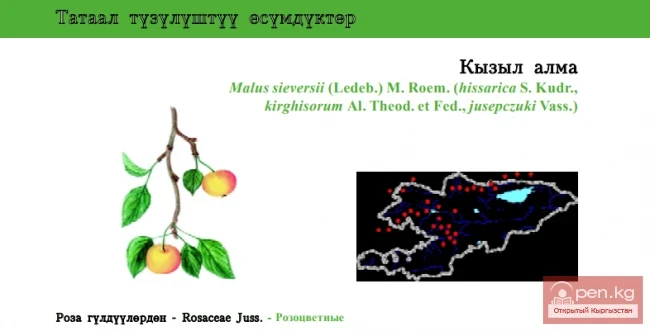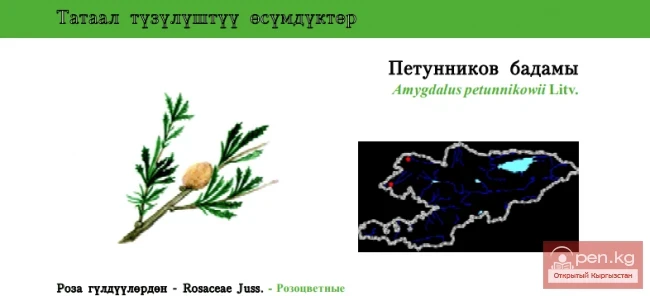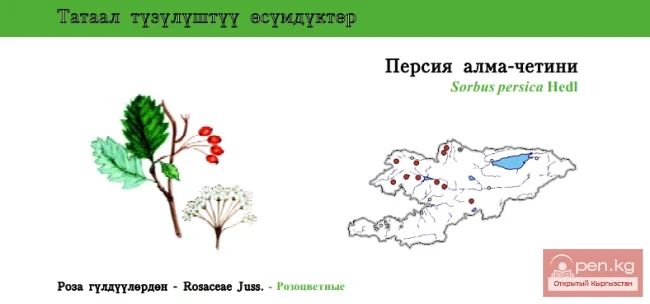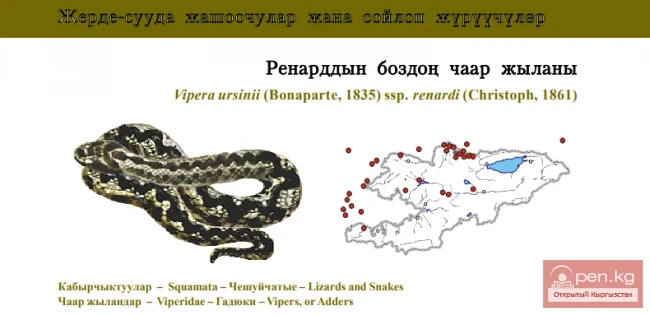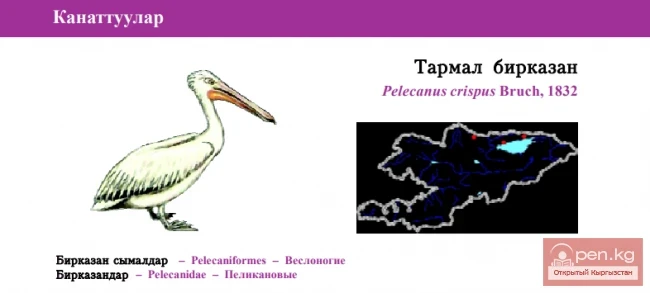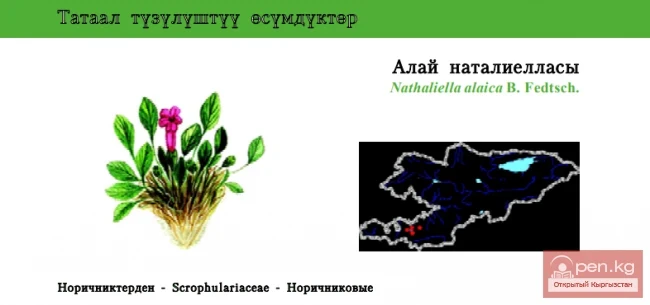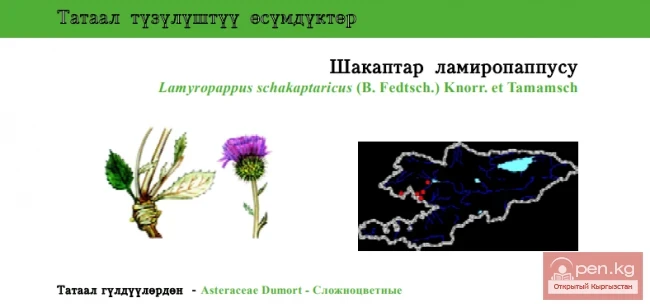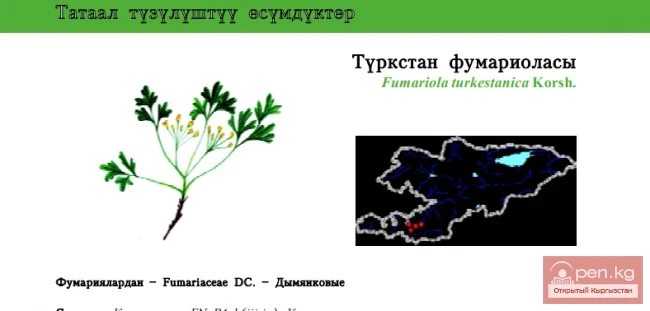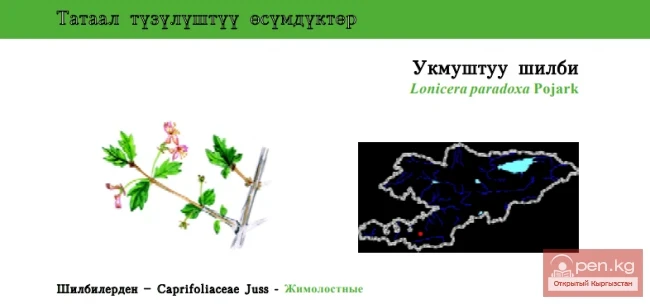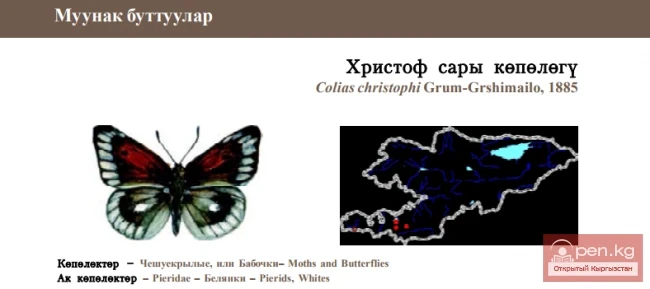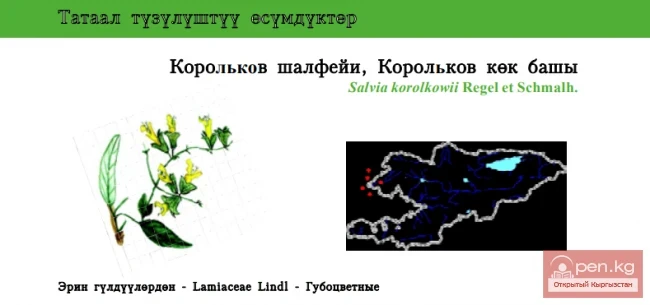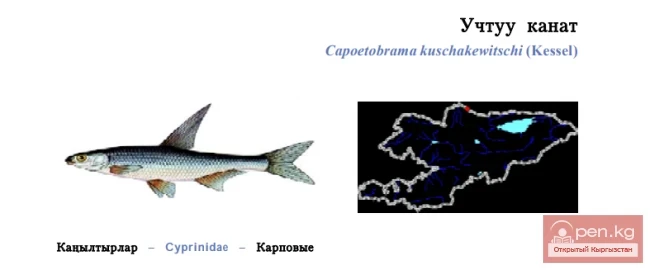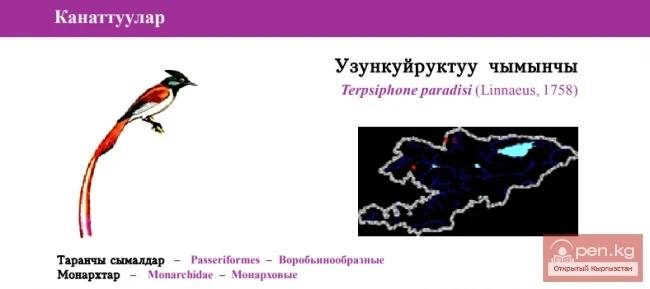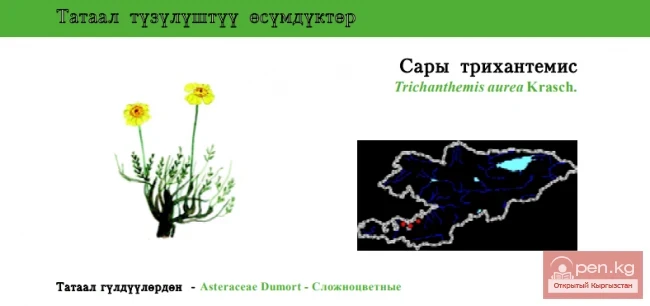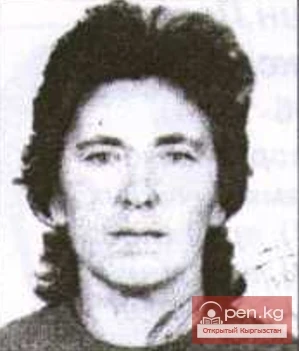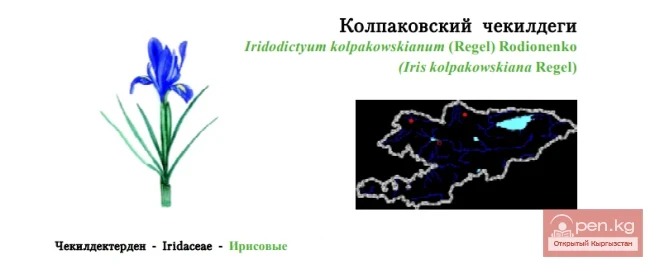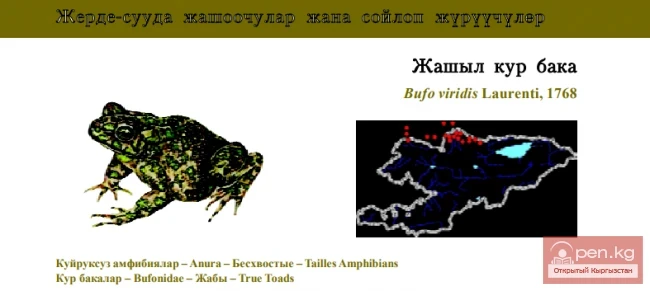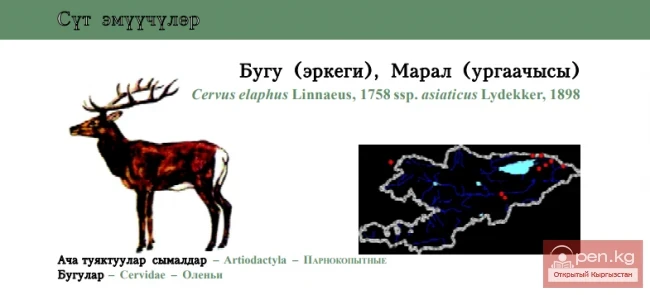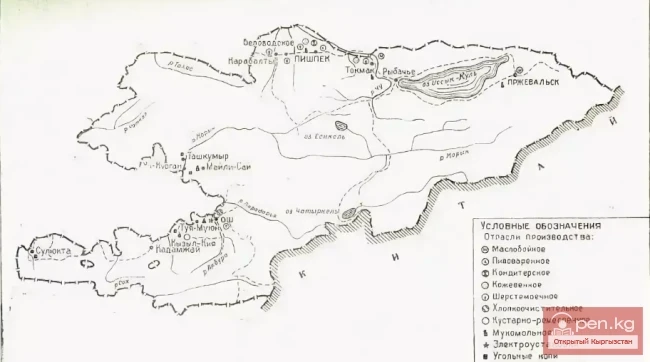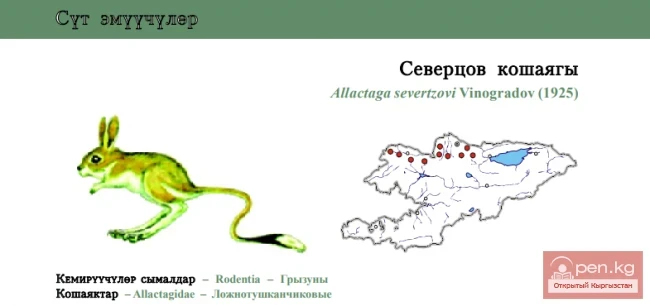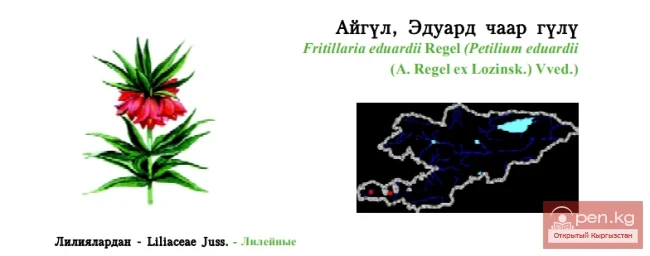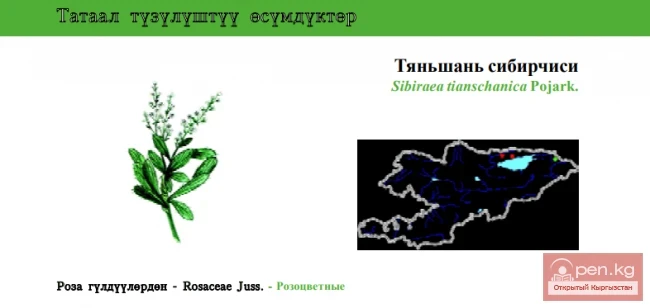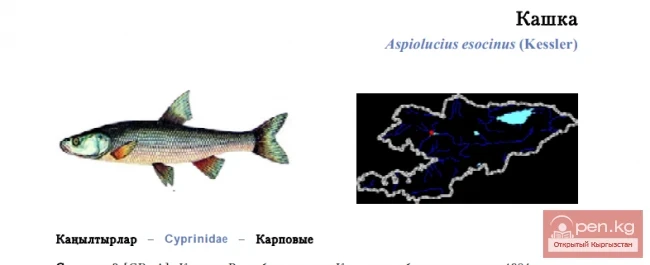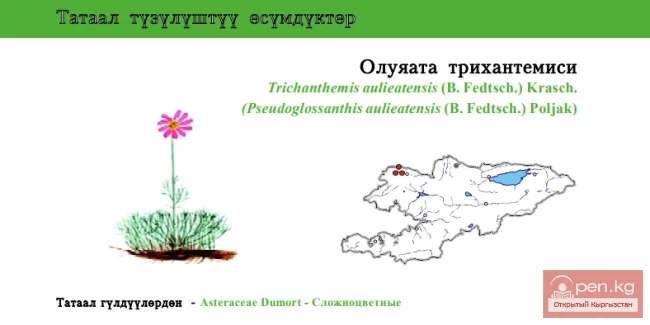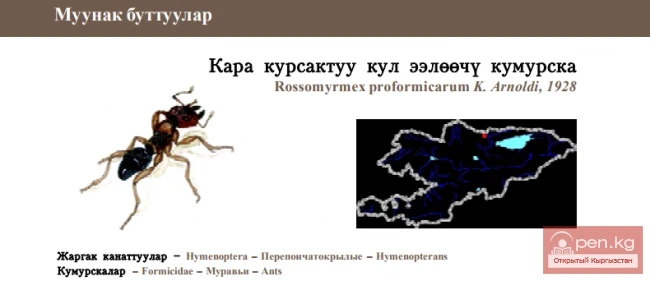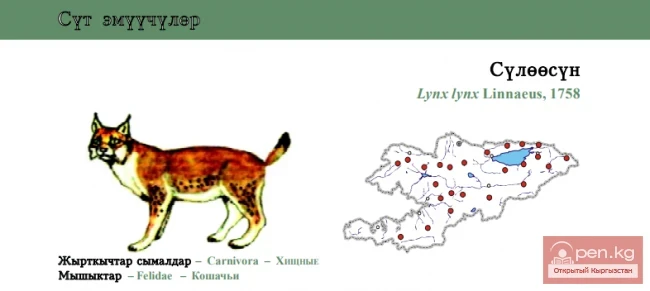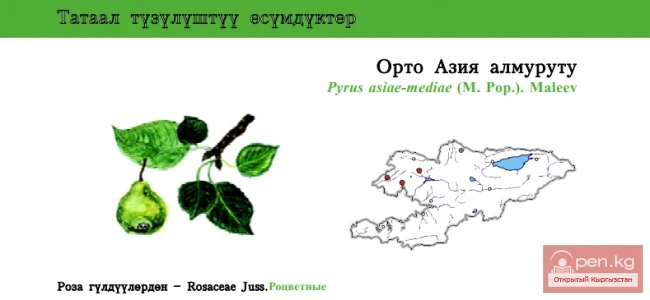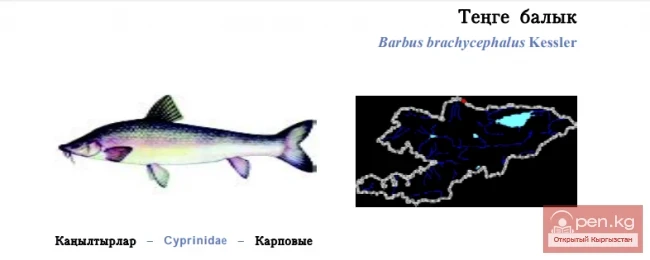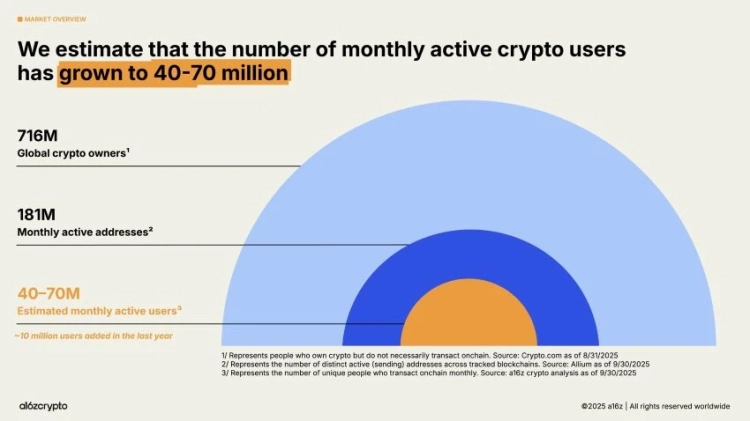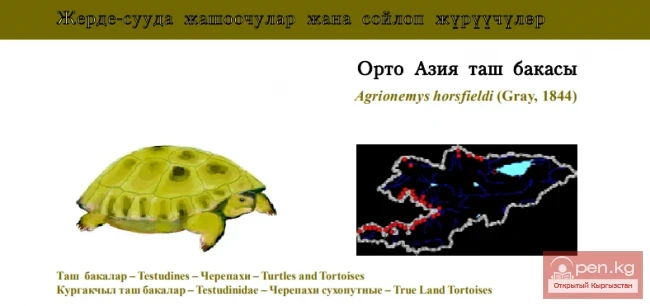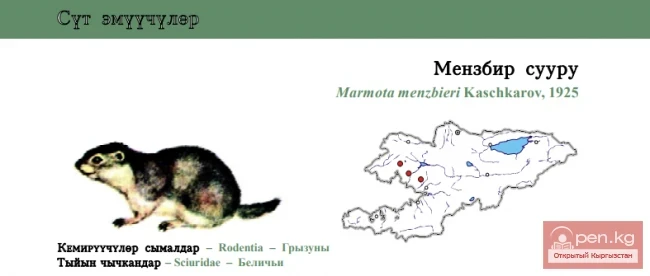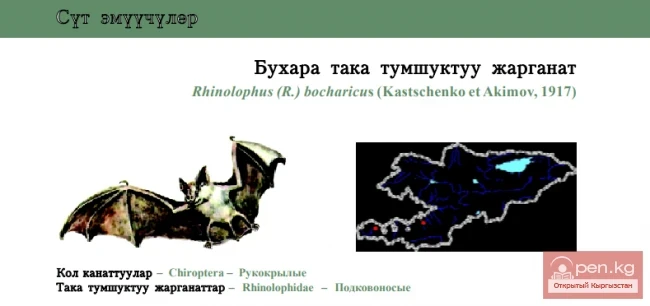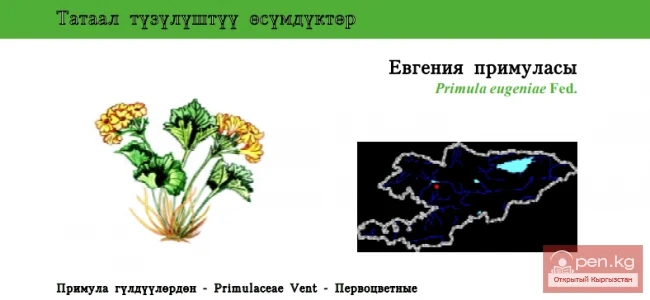PAPUA NEW GUINEA. Independent State of Papua New Guinea
A state in Oceania, located in the southwestern part of the Pacific Ocean, occupies the western part of the island of New Guinea and nearby islands, the Bismarck archipelago, the northern part of the Solomon Islands (Bougainville and Buka islands), and more than 200 other small islands. The total area is 462.8 thousand km². The capital is Port Moresby (in Papua; 200 thousand), the largest cities are Lae and Madang. The administrative-territorial division consists of 19 provinces and the capital district of Port Moresby. The population is 5.7 million (2004). The indigenous people include Papuans (84%) and Melanesians, various tribes of which speak more than 700 different languages and dialects. About 43 thousand Australians and Europeans live in PNG. The official language is English, and pidgin and motu are also widely spoken. Religion: 90% of the population are Christians (of which 63% are Protestants), the rest adhere to traditional tribal beliefs. The currency is the kina = 100 toea.
It has diplomatic relations with the Russian Federation (established with the USSR on May 19, 1976).
The national holiday is September 16 — National Day (1975).
PNG is a state within the Commonwealth, headed by Great Britain. In terms of government structure, it is a constitutional (the constitution of 1975 is in effect), parliamentary monarchy of the Westminster type. The head of state is the Queen of Great Britain, represented by the Governor-General (since 2004 - Paulias Matane), who is appointed for a term of 6 years on the recommendation of the government. The unicameral National Parliament, the highest legislative body, consists of 109 members elected by universal suffrage for 5 years (elections were held in 2002). The country's government (National Executive Council) consists of 25 ministers headed by the Prime Minister (Michael Somare - since 2002), who determines its composition.
A multi-party system has developed in the country. The largest and most influential parties include: "Pangu Party" ("Party of One PNG"; established in 1967) - a nationalist party oriented towards the population of large cities and coastal areas; the People's Democratic Movement, which split from the "Pangu Party" in 1985; the People's Action Party; the People's Progressive Party (1970) - a conservative party; the National Party (1979) - representing the interests of the population of the interior, remote from the coast areas; the Melanesian Alliance (1978) - advocating for the autonomy of Bougainville island.
The internal political life of PNG is characterized by unstable party coalitions and blocs, frequent votes of no confidence in the ruling government in parliament, which introduces a certain element of instability. According to the current constitution, a vote of no confidence in the Prime Minister and his cabinet can be put to a vote no earlier than 18 months after their appointment.
The trade union association - the Congress of Trade Unions of Papua New Guinea is a member of the International Confederation of Trade Unions and the Pacific Trade Union Community.
The first European navigators appeared in PNG in the mid-16th century and named the largest island New Guinea because the indigenous inhabitants (Papuan and Melanesians) externally resembled them to the Guineans of Africa. Active European colonization of PNG began in 1884 when Germany and Great Britain divided the northeastern and southeastern (Papua) parts of the island of New Guinea and the adjacent islands between themselves. The western part became a colonial possession of the Netherlands (which was transferred to Indonesia in 1963). The colonial period of PNG's development lasted 90 years. Germany, Great Britain, Australia, Japan, and the USA were involved in the colonization process in one form or another. In 1906, Great Britain transferred administration of Papua (which was a British protectorate until 1888, then a colony) to Australia, which also acquired the German part of the island during World War I (under a mandate from the League of Nations). In 1946, New Guinea became a trust territory of the UN under Australian administration.
By 1949, the two parts - Papua and New Guinea - were united under Australian administration as one administrative unit (Territory of Papua and New Guinea). The decolonization process that began in the early 1960s under the auspices of the UN led to the formation of an independent state - PNG - on September 16, 1975.
The country's economy is agrarian and underdeveloped. Its foundation is agriculture, primarily crop production and pig farming. 80% of the working-age population is employed in agriculture or related industries. Fertile land constitutes only 5% of the total area. The main agricultural crops are coconut palm, coffee, cocoa, tea, rice, and others. Only 8% of agricultural products are processed in the country.
PNG is rich in natural resources: significant reserves of gold and copper ore (on Bougainville island), and the development of oil and coal deposits is considered promising. The mining sector is rapidly developing and contributes 17% of GDP and up to 70% of budget revenues from exports.
Tourism is developing. More than half of the tourists come from Australia and New Zealand.
GDP is about $10.7 billion.
The economy of PNG largely depends on external assistance. The main donors are Australia (300 million Australian dollars), Japan, New Zealand, the IMF, and the Asian Development Bank.
The main export items are copper, gold, oil, coffee, copra, palm oil, and tropical hardwoods.
A priority direction of PNG's foreign policy is the development and strengthening of relations with donor countries, primarily with Australia and New Zealand, as well as Japan and China. Relations with Indonesia are developing, with which a friendship and cooperation agreement has been signed.
PNG is a member of the UN, the Pacific Islands Forum, the South Pacific Commission, ESCAP, APEC, the WTO, the Non-Aligned Movement, and the ASEAN Regional Forum, and has the status of "special observer" at ASEAN. It is a party to the Treaty of the Nuclear-Free Zone in the South Pacific and the Treaty of Friendship and Cooperation in Southeast Asia.
Daily newspapers: "New Guinea News," "Papua New Guinea Post-Courier"; monthly magazine "New Nation" (60 thousand copies). In 1973, the National Broadcasting Corporation of PNG was established. National television has been operating since 1987.
